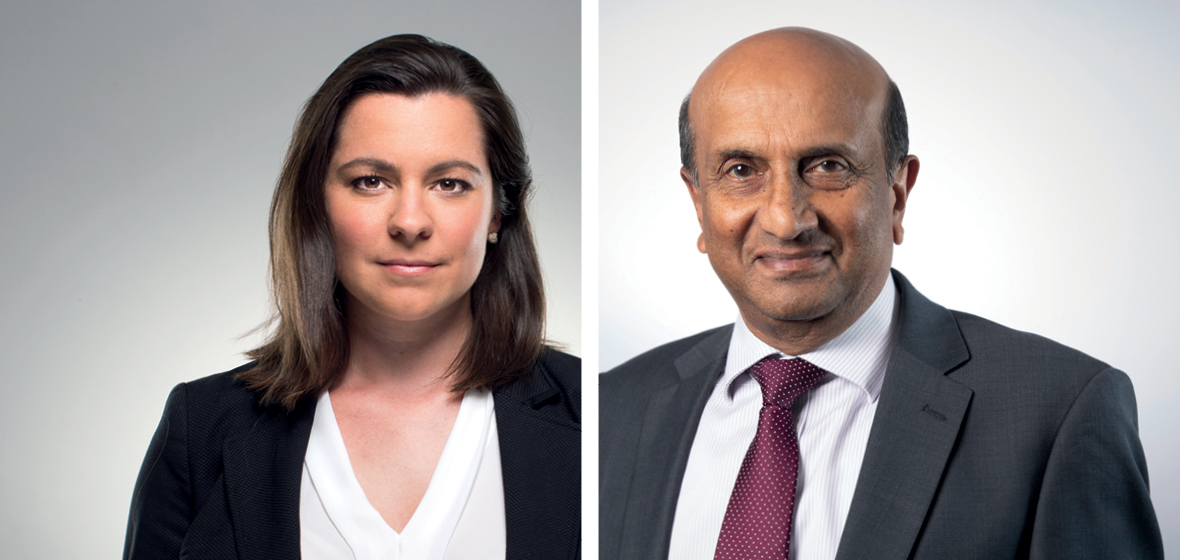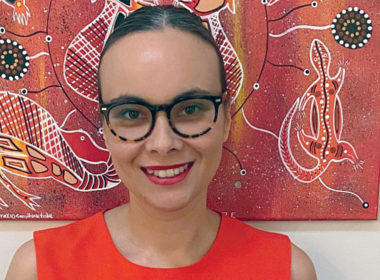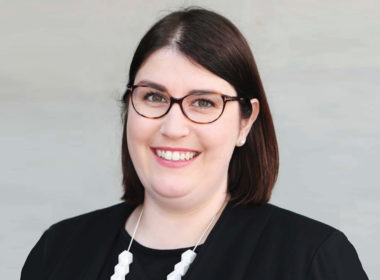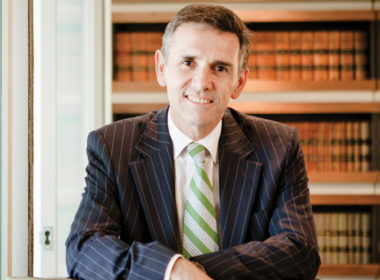Carroll & O’Dea lawyers Hayley Aldrich and Maithri Panagoda AM are passionate about helping the underprivileged and marginalised. With years of experience working on Stolen Generations cases together, the pair tell us about a matter that reinforced their attitude to never give up.
Hayley: In 2011, Maithri was approached by a victim support group called The Stolen Generations Council for NSW and ACT, who asked him to look into a class action. We set up a group action against the state of NSW for Indigenous persons who were removed under the specific Aboriginal Removals Act. This was extended to include people who were removed under the Child Welfare Act 1939 (NSW).
As part of this group action, there were 10 clients who were in homes not specifically run by the state. These clients were Indigenous and for all intents and purposes had been removed from their family, placed into this home, and identified as members of the Stolen Generations – yet they had no recourse. They weren’t eligible for the national redress scheme because it wasn’t a state entity.
Through research, we discovered that the entity had ceased operations in 1993. We found a related Melbourne firm that had the same directors but was completely separate. After 18 months of negotiations, the firm agreed to consider the claims on an ex-gratia payment if we provided statutory declarations from our clients about what had happened to them and the impact of it.
Obtaining the statutory declarations was a lengthy process. When you’re dealing with vulnerable clients you can’t just do it in an afternoon. We had some people who found it too upsetting and decided not to proceed at all. In July 2019, we served the final statutory declaration, and in June 2020 the firm said they could make a global offer to be divided between our clients and then they would cease to operate. It was essentially an ex-gratia payment, so it had no impact on past and future economic loss, Centrelink claims, or anything like that.
The proviso was basically that we needed to get all our clients to agree or they wouldn’t settle the matter and we’d have to go further. That involved a lot of discussion with each person. We actually made arguments to say that some of the amounts weren’t in line with how we viewed certain client’s experiences. They looked at them again and came back to us.
Taking the impact statement is particularly hard, so we break it up into several sessions. I normally call prior to taking the statement and encourage them to bring a support person. If the first session runs over an hour, we’ll stop and resume a few days later so they have time to process. There’s a huge level of trust that we’ve built with the Aboriginal community.
What some of them have said is that it’s not the largest amount of compensation but it’s an acknowledgement. It’s something that will help them in their everyday life. Our attitude is that we really want to fight for people, and we’ll throw everything, including the kitchen sink, to try to get them something.
Maithri: We’ve been doing these types of matters for a long time, particularly Stolen Generations. However, this was different because there was no defendant and there was no insurance company behind it. For a long time, it was looking more and more like a losing battle. The point I will stress is the ‘never give up’ attitude we had. As a 120-year-old firm, we have a tradition of working for the underprivileged and this is just a continuation of that commitment and belief.




